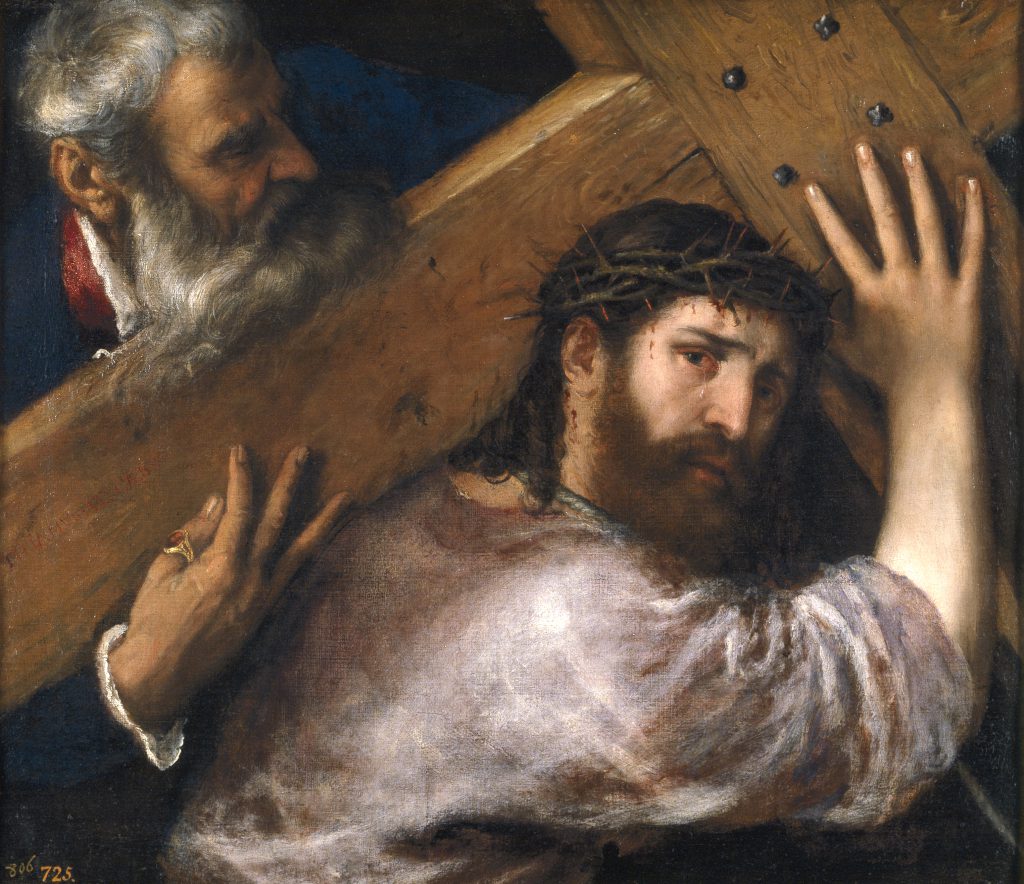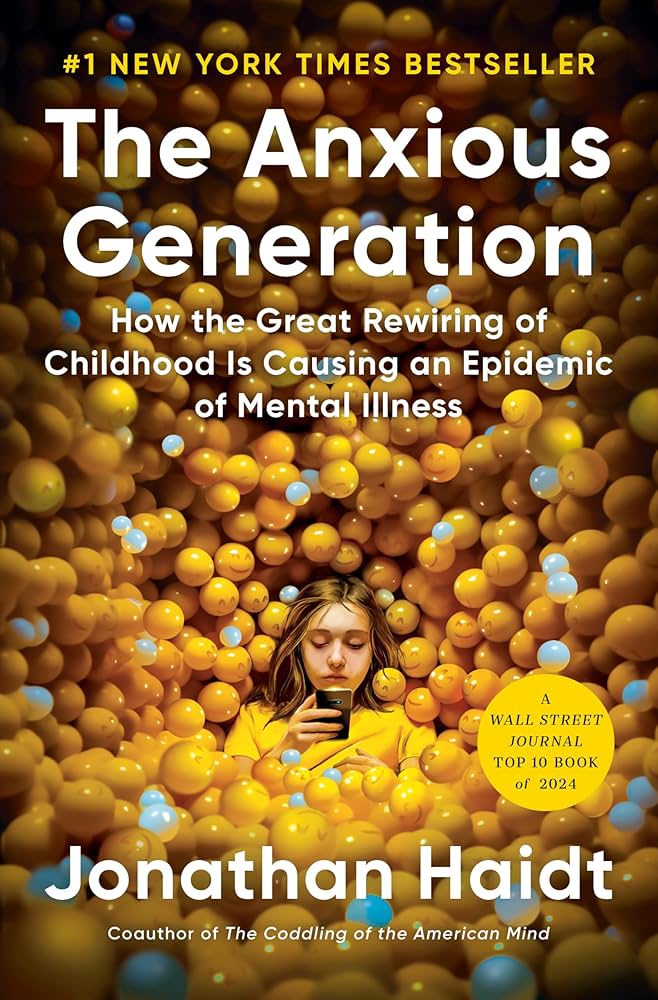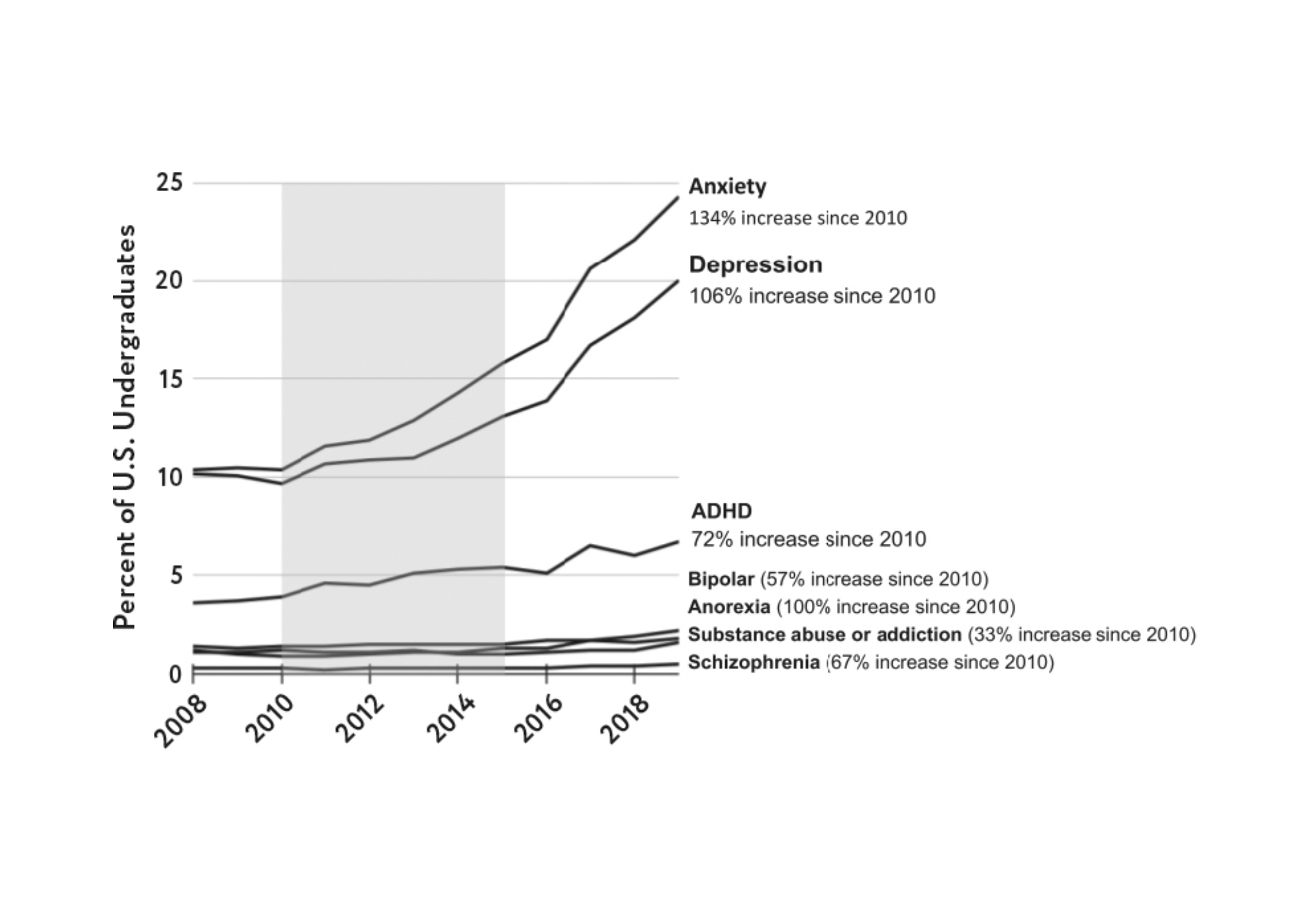Dr. Jonathan Haidt, a social psychologist, wrote about the first time he let his son in Grade 4 walk to school by himself. He and his wife had palpable anxiety about the idea. They went through with it because they knew the dangers of overprotecting children and how children born after 1995 are the ‘Anxious Generation.’
So, the first time Max walked to school, in New York City and in the 2010s, mind you, Jonathan walked 20 meters behind him. They did this for five straight days until he and his wife were comfortable with Max doing so on his own.
When Max was 12, his father took him to the U.S. Open tennis tournament, a 40-minute subway trip. The next year, Max wanted to see a night game by himself. His parents were hesitant, but knew it was the right thing to do. The game finished after 11 p.m. and Max got stuck at the transfer station. Though he was nervous, he walked upstairs to street level, called a cab (which he had never done, but his father taught him how to do so), and arrived home at 1 a.m. Jonathan writes, “From that day on [Max] was a different person, with more confidence, and from that day on we treated him differently and gave him still more independence” (The Anxious Generation, 275-276). With this story, we, parents, can ask: How much maturity, independence, and confidence do we want our children to have?
Jesus today says, “Which of you, intending to build a tower, does not first sit down and estimate the cost, to see whether he has enough to complete it? Otherwise, when he has laid a foundation and is not able to finish, all who see it will begin to ridicule him, saying, ‘This fellow began to build and was not able to finish’” (Lk 14:28-30). He’s talking about the life of following Him—this is a beautiful structure: When we follow Jesus, God is now our Father, our sins are forgiven, we know our purpose in life, what will happen after death, and we can become morally perfect! To build this costs everything.
Today, Jesus is asking us to contemplate: Since we’re His followers, what’s our vision for our children? Do we want them to have Jesus at the center of their lives? And what’s our vision for ourselves, as parents? For young people here, what do you want your relationship with Jesus to be like? Would you like your parents to treat you more like adults? If so, how are you going to act more like an adult?
Last September, we did a three-part series on smart phones for children and we’re following up on that today and for the next two weeks. Dealing with devices and social media is important because they can destroy the spiritual edifice God wants to build.
Jesus gives another example, “Or what king, going out to wage war against another king, will not sit down first and consider whether he is able with ten thousand to oppose the one who comes against him with twenty thousand?” (14:31). This points to spiritual warfare: The devil opposes our following Jesus and tries to distract us. In 2013, an ethicist at Google named Tristan Harris noted how Google, Apple, and Facebook “were shaping how most of humanity spent its limited attention” (Haidt, 229). He left Google in 2015, and later testified before the U.S. Senate that companies are fighting for our attention. They added ‘refresh’ buttons, then infinite scrolls, then followers and likes, all of which were designed to create little addictions. He concluded, “This helped fuel a mental health crisis for teenagers.” According to the book that I’ll reference in a few minutes, “the first generation of Americans who went through puberty with smartphones… became more anxious, depressed, self-harming, and suicidal,” and the exact same problems occurred during the same years in Canada, the U.K., Ireland, Australia, New Zealand, and the five Nordic countries (44).
To win this war and build the spiritual tower Jesus envisions, three of His teachings will help: 1) “Whoever comes to me and does not hate their father and mother, spouse and children, brothers and sisters, yes, and even their life itself, cannot be my disciple” (14:26). We know Jesus is using hyperbole here because He’s the one Who commands us to love our neighbour and honour our mother and father. To ‘hate’ our family, in this case, means to love God more than them.
When it comes to raising our children, isn’t it interesting that we love our children but sometimes make decisions that aren’t good for them? The majority of parents I’ve talked to for years want to limit the amount of screen time but don’t. Some parents feel pressure to do what other parents do, so that their children have what other children have; others can’t say ‘No’ to their children. The point is that, if we loved God first, then we would love our children more and say ‘No’ to them.
2) “Whoever does not carry their cross and follow me cannot be my disciple” (14:27). Jesus carried the painful Cross to overcome our disobedience with His obedience.
The reason we sin is because we don’t fully trust God. But Jesus loves His Father and obeys even the most difficult commands.
Let’s talk about obedience to our parents. When we’re minors and living at home, we obey our parents. We live in a culture where disrespecting and arguing with our parents are normal. But, when our parents tell us to put down our phones or screens, come to dinner, do our work, we obey. We don’t talk back.
Let’s look at this video of Bishop Robert Prevost in 2023, before he was elected as Pope Leo XIV. He admits he didn’t always agree with Cardinal Bergoglio, who became Pope Francis, but obeyed. Like the vast majority of priests, Fr. Robert didn’t want to become a bishop because the weight of the cross is crushing. And he wanted to remain in Peru but Pope Francis called him to Rome and he obeyed.
All priests in Vancouver obey Archbishop Smith. We sometimes disagree and so we discuss, but when he makes a decision, we obey. And Deacon Andrew obeys me… sometimes. Do you know how hard it was for me to get him to practice a song in Tagalog for the Banquet? I said, ‘Deacon, you can’t sing in English. I spend the whole year learning a song in Mandarin, so you’ve got to do it in Tagalog!’ The point is that he obeyed.
Dr. Haidt recommends four foundational reforms, which we can discuss later: 1) No smartphones before high school (Only basic phones before ninth grade); 2) No social media before 16; 3) Phone-free schools; 4) Far more unsupervised play and childhood independence (15). Parents are the ultimate arbitrators of how these reforms will be implemented in their families, and children can disagree, ask questions, and ask for exceptions, but it’s wrong to argue with or show disrespect to our parents. We carry Jesus’ Cross of obedience.
3) He says, “So therefore, whoever of you does not give up all their possessions cannot be my disciple” (14:33). The early Christians were arrested and their possessions confiscated to make them renounce Jesus. In order to be faithful, they had to stop loving their material goods.
One young person told me how his parents are always on their phones even when he wants to spend time with them. We adults must set a better example for our children and not use our phones as much.
I’d like to propose that, in the next 12 months, anyone interested read this book:
The solutions are practical. If we read this as a parish family, then we can take collective action. If a critical mass of us does this, then it becomes easy for everyone to adopt better practices.
Speaking of our youth, I’d now like to show an invitation from our youth to people of all ages exploring faith to our upcoming Alpha:
What’s our vision for our families? This graph shows self-reported psychological disorders (mostly depression and anxiety) among first-year college students in the U.S.
Notice the spike in 2012 which, again, also happened in Canada and Britain. Yes, there’s always been anxiety among first-year students, but the point is the spike in many countries at the same time. Dr. Haidt surmises that these students have always been raised in an overly-protected environment, getting everything they want, living in a virtual world, and so can’t handle adversity (70-72).
In the 1980s, in Arizona, Biosphere 2 was created, a self-enclosed environment, to prepare for living on other planets.
The trees grew quickly but fell over because there was no wind. Wind blowing against the trees strengthens their roots.
Jesus’ vision is that we choose to become His disciples and stay close to Him. So, carrying His Cross is not designed to hurt us, but make us perfect in love. To become like Jesus, for our children to become strong and resilient, we need to be stricter with how we use our devices, we need to teach them that they don’t get everything they want, and, most importantly, we need to obey our superiors the way Jesus obeyed the Father.






